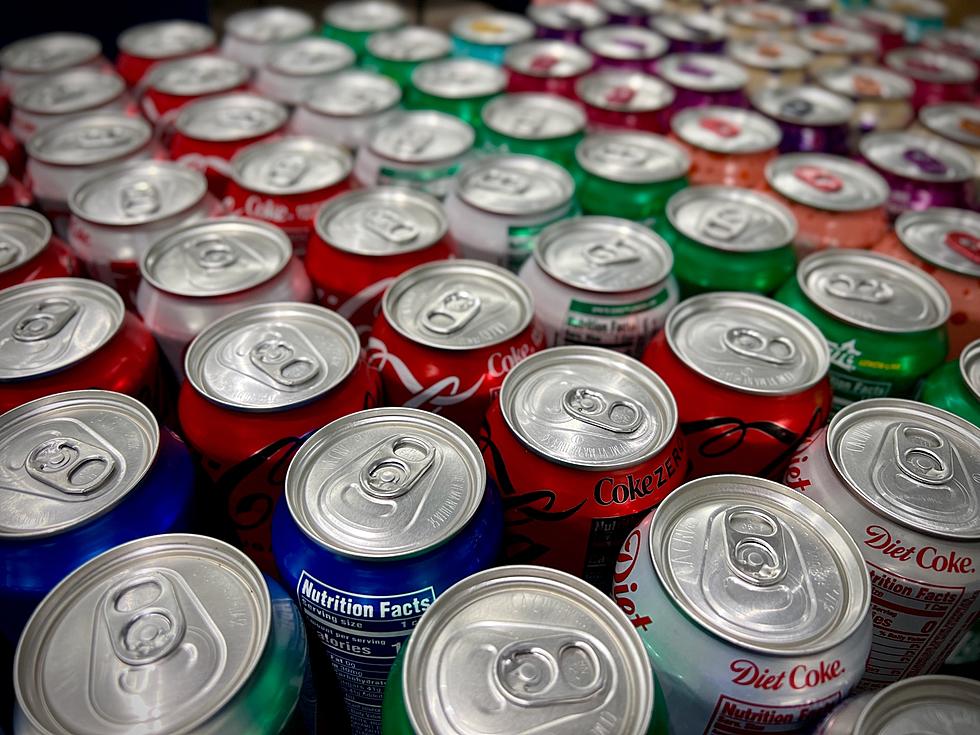
Should Louisiana Stores Pull Diet Products From Their Shelves?
The World Health Organization (WHO) has categorized a very popular sugar substitute as "possibly carcinogenic" or can possibly cause cancer. We have all the details.
A few months ago WHO and the International Agency for Research on Cancer (IARC) concluded their research on the popular sugar substitute aspartame. They say their findings show that it can be linked to a possible cause for liver cancer.

Aspartame is not only used in diet drinks, it's also used in chewing gum, and other sugar-free products cookies, ice cream, yogurt, and much more.
The FDA has come out and said they disagree with the IARC findings. They told CNN in an email that the research had “significant shortcomings.”
The FDA had this to say about the IARC findings:
FDA scientists do not have safety concerns when aspartame is used under the approved conditions.
The International Agency for Research on Cancer, the cancer research division of WHO, says that the new classification of aspartame is meant to inspire more research by governments, scientists, manufacturers, and consumers to find more concrete answers on the effects of the sugar substitute on the human body.
On the other hand, Donna Shalala and Alex Azar, former Health and Human Services Secretaries, say that the FDA has deemed aspartame as healthy for human consumption time and time again. They say the FDA will only allow manufacturers to produce artificial sweeteners if they have submitted a pre-market review of their product that includes credible, reliable, and high-quality studies on the safety of its intended use levels.
The American Beverage Association has this to say on the safety of aspartame:
There is a broad consensus in the scientific and regulatory community that aspartame is safe. It’s a conclusion reached time and time again by food safety agencies around the world. IARC is not a food safety agency. The FDA says JECFA is better suited to assess any risk associated with aspartame. And in its letter to WHO, HHS said ‘an IARC review of aspartame… would be incomplete and its conclusions could be confusing to consumers.’ We share this concern. JECFA, the WHO-FAO expert agency on the safety of food additives, will consider all the evidence for all potential health outcomes and, unlike IARC, will focus on the risk to human health. Even IARC states, as recently published on its website, JECFA is the appropriate authority to undertake risk assessment. The purpose and expertise of regulatory agencies is to ensure safety over time. We welcome that. The safety of our products is the highest priority for our industry. The fact that food safety agencies worldwide, including the FDA, continue to find aspartame safe makes us confident in the safety of our products. – American Beverage
Even with WHO's new findings, they haven't changed their suggested guidelines since 1981: a daily maximum of 40 milligrams of aspartame per kilogram of body weight. The US recommendations are slightly more generous; in 1983, the FDA set the guideline at 50 milligrams per kilogram of body weight.
